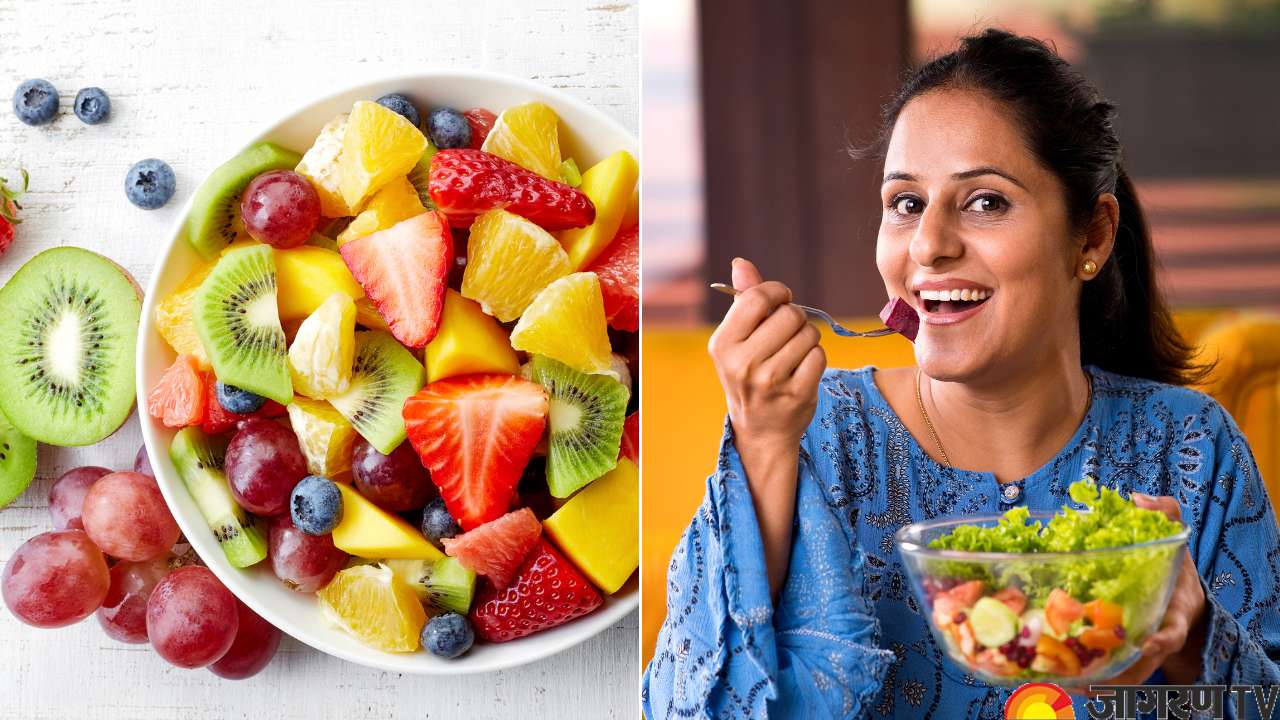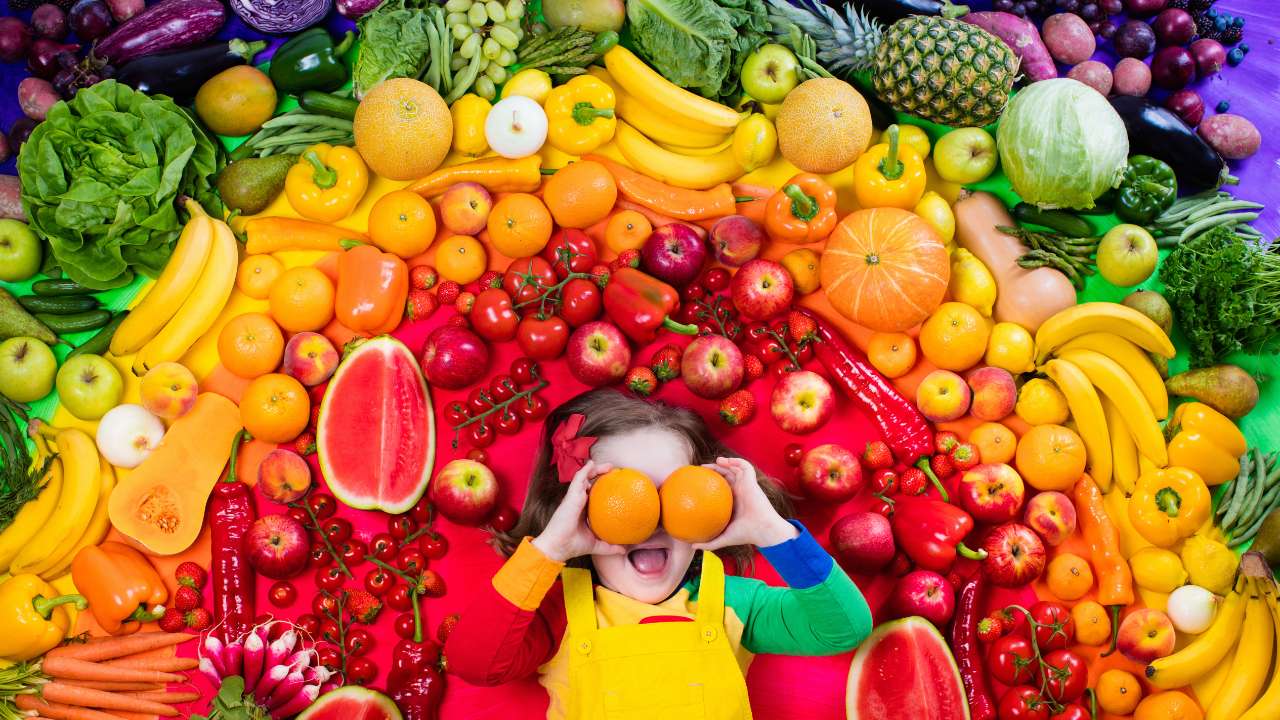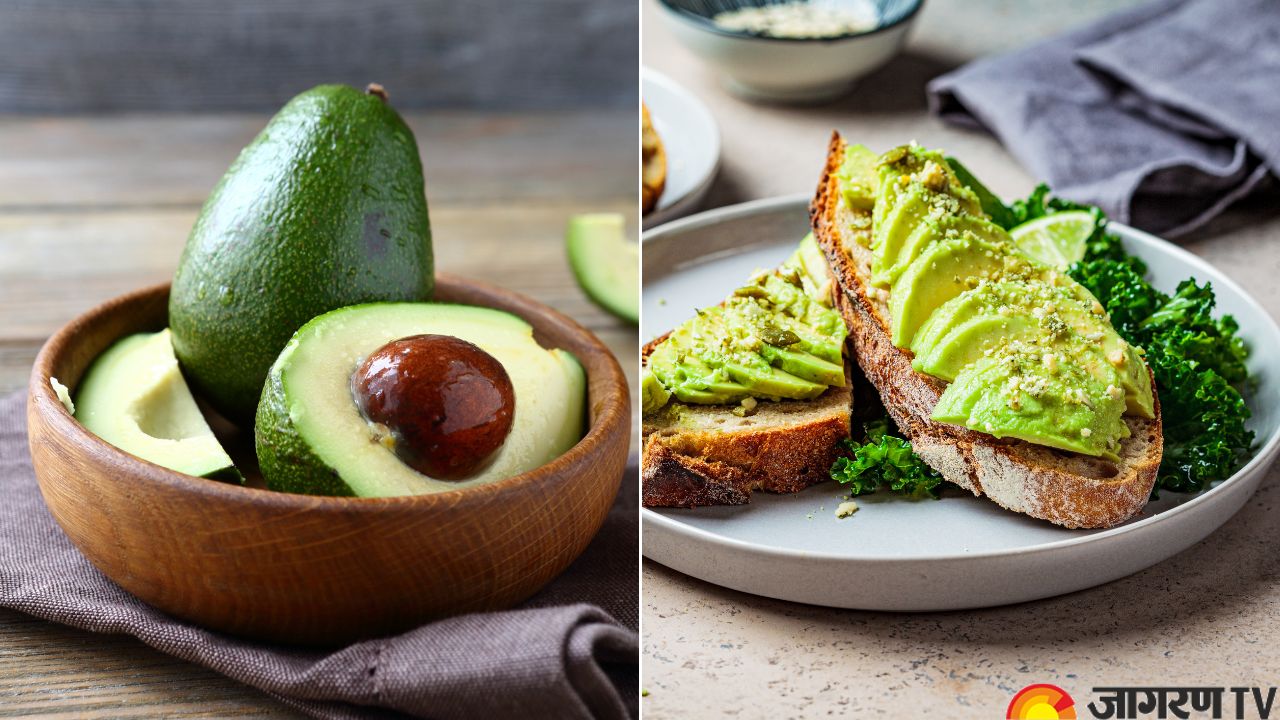Good and Bad Fruit Combinations That Could Effect Your Body

Fruits include a wealth of antioxidants, vitamins, and minerals. Strategically pairing fruits can improve their nutritional value and offer a number of health advantages. Fruit combinations that are carefully chosen can enhance nutritional advantages, maintain hydration, and advance general health. You may improve nutrient absorption, balance flavours, and enjoy a variety of flavours by mixing fruits intelligently. It is widely believed that fruits are incredibly nutrient-dense and loaded with vitamins and minerals. Fruits can be characterised as acidic, sweet, neutral, or having a high water content.
Good Fruit Combinations
Iron and vitamin C
Iron absorption can be improved by combining fruits high in vitamin C with fruits high in iron, such as papaya, apricots, or prunes. Plant-based iron is transformed into a form that the body can absorb more readily with the help of vitamin C.
Antioxidants and Fibre
Fruits high in fibre, such apples, pears, or berries, combined with fruits high in antioxidants, like grapes, cherries, or oranges, can significantly improve general health. While the antioxidants fight free radicals and strengthen the immune system, the fibre supports good digestive health.
Drinking Water and Electrolytes
Combining electrolyte-rich fruits (like bananas or coconut) with water-rich fruits (like watermelon, cantaloupe, or pineapple) can help with hydration and restore vital minerals lost via perspiration.

Certain fruit combinations may cause intestinal discomfort or prevent the absorption of nutrients. It is possible to navigate the world of fruit combinations with ease by being aware of specific combinations that may cause intestinal problems. Most of us tend to slice up all the available fruits and vegetables and put them in a dish for the healthiest dinner ever. Fruits are obviously very healthy, but eating one fruit along with another, as well as vegetables might cause serious chronic problems and gastrointestinal problems.
Bad Fruit Combinations
Acidic and Sweet Fruits
For some people, eating very acidic fruits, like citrus fruits, along with sweet fruits, such bananas or melons, might cause intestinal problem. This combination can promote fermentation in the stomach, resulting in bloating or gas.
Acidic Fruits with Dairy
Combining dairy products with acidic fruits, such as citrus fruits or pineapples, can cause the milk to curdle and may result in digestive problems. It is best to eat these fruits on their own or in combination with non-dairy alternatives.
Melons and Other Fruits
Melons, such as cantaloupe melon or watermelon, digest significantly more quickly than most other fruits. Melons and other fruits together can cause intestinal issues. Melons are best enjoyed on their own or as a stand-alone fruit item.

Mixing Different Types of Fruits
Combining a lot of different fruits at once may upset the digestive system and make you feel uncomfortable. It is important to pay attention to your body and eat a moderate amount of different fruits at once.
Papaya and Lemons
For some of you, it might be strange, and for others, it might be delicious. But it’s preferable to avoid this combination. Mixing these two fruits can cause certain problems including haemoglobin imbalance or anaemia.
Starchy Fruits and High-Protein Fruits
Plantains and green bananas are two examples of fruits that are starchy. It is not advisable to combine these fruits with the high-protein guava, dried apricot, kiwifruit, avocado, and blackberries. Combining the two can be hazardous because the body needs an acidic base to digest proteins and an alkaline base to break down carbohydrates.









